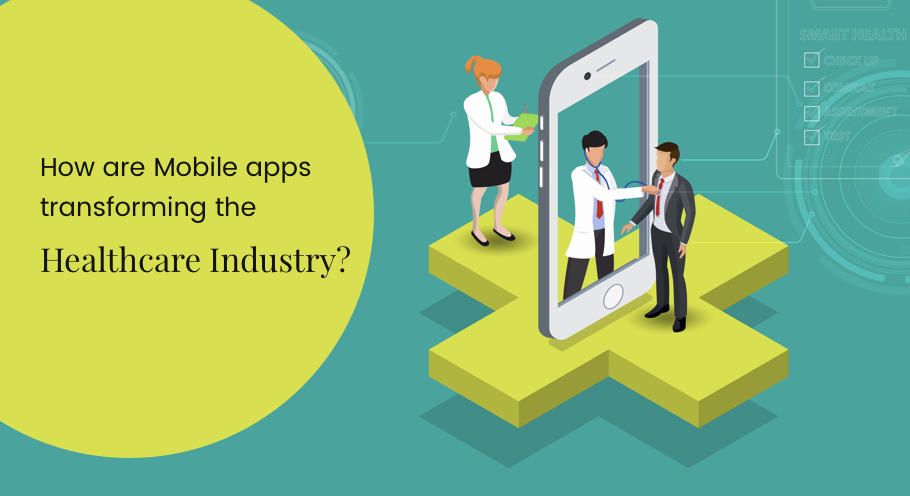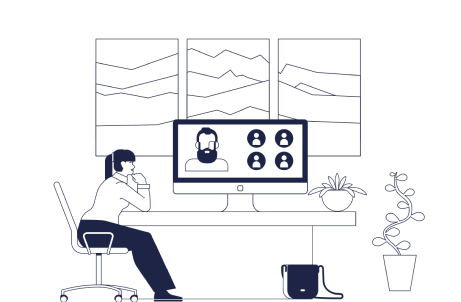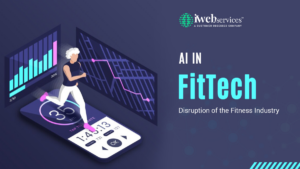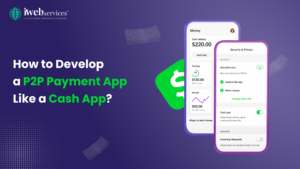As technological trends change, it redefines the healthcare industry. Earlier apps were limited to booking appointments and looking for doctors. But now, with technologies such as Machine Learning and IoT, healthcare apps are much more dynamic, integrate real-time communication, and streamline healthcare services.
App Statistics
As evident, the industry of mobile apps is growing each day. The two major segments in the mobile health industry include:
- Patient Wellness
- Hospital and Medical Staff
Mobile apps are a boon both for the doctors and the patients. Where patients could effectively book and schedule appointments, the doctor has the ease to keep track of patients’ detail and refer to the app every time he needs to modify the prescription. A survey conducted by HIMSS suggests that around 93% of the doctors worldwide use mobile apps and of this 88% incorporate health apps for rendering patient care. Every day, newer technologies are being used in the hospital to better the care provided to the patients and also narrow down the process of hospital administration.
Effects Of Technology In the Healthcare Industry
Blockchain
No doubt, almost everyone has an idea about the concept of blockchain, the backend of cryptocurrency. Recalling, blockchain is basically a database connected peer to peer ensuring a safe and secure channel to record transactions. However, blockchain is not just for recording transactions but any kind of information that needs to be tracked time after time. The Healthcare industry is driving advantage of this and using blockchain to store all the information of a patient so that it cannot be hacked or altered. This has assured the safety of patient records.
Internet Of Things (IoT)
Another excellent technology trending these days is IoT. This can be deemed as a connectivity hub. One that would interconnect software with electronic devices and other applications ensuring seamless management at all portals. To ease the benefit, IoT helps connect medical apps with electronic devices which then can be used by doctors and medical experts to drive valuable information about the patient health and likewise assist the same in case of an emergency. [the_ad id=”10846″]
Augmented Reality
 True that AR is not a new term and we have played multiple games that have been built on augmented reality but when it comes to the healthcare industry, we think twice as to how would AR technology affect the medical profession. The healthcare sector witnesses tremendous use of AR in a way that guides the doctors and the nurses to interact with the computer-generated information in real-time. Doctors could make use of this technology as a training guide during surgery and diagnosis. Building real-world experiences, healthcare apps built on AR technology stimulate medical practices and likewise enhance their knowledge. Such a method is limited to resources and expands to a greater extent.
True that AR is not a new term and we have played multiple games that have been built on augmented reality but when it comes to the healthcare industry, we think twice as to how would AR technology affect the medical profession. The healthcare sector witnesses tremendous use of AR in a way that guides the doctors and the nurses to interact with the computer-generated information in real-time. Doctors could make use of this technology as a training guide during surgery and diagnosis. Building real-world experiences, healthcare apps built on AR technology stimulate medical practices and likewise enhance their knowledge. Such a method is limited to resources and expands to a greater extent.
Big Data
One of the most trending and ever-rising technology is Big Data. This has the capability to feed professionals with relevant information processed by the computer-based on a pool of data. Considering the fact that the data maintained and monitored in hospitals are huge and here, using big data appears handy. Also, one can use this technology to build apps that would store patients’ data and other r related information in a way reducing the need for paperwork. Likewise, hospitals would not require extra staff for database management and the regular ones could effectively manage the same. No wonder why is there an increase in the popularity of healthcare apps. All of the above technologies delve into the existing trends to fulfill the need for better care and greater patient-doctor engagement.
Advantages Of Technology In The Healthcare Industry
Telemedicine
Earlier, whenever a patient needed medical advice, he/she had to physically visit the doctor and get the desired care. However, with the incorporation of technology, today individuals can opt for online advice, schedule an online appointment over the phone, discuss issues, and then the doctor prescribes the required medication. This drastically reduces time overheads and now doctors are easily and quickly accessible to the patients
Improved Patients Engagement
Owing to the fact that today most doctors use medical apps to record and store patients’ data, it becomes easier for them to track a particular record as and when required. The app is fed with all the necessary patient data, right from the medical history to the medication, prescribed advice, or changes in treatment, which doctors could access all in a single click. This is also beneficial when a second doctor consults the first for patient care.
Healthcare Apps Help Patients Track Themselves
 A number of fitness apps find a way into everyone’s life and these are not just a fad but help patients know about their health better and in case they find it wrong, can consult doctors for detailed assistance. Many times, such medical devices are linked with medical apps that can be accessed by doctors. Hence, doctors can track the health of the patient in real-time thereby rendering improved care to the patient. Undeniably, the future of the healthcare industry has a long way to go. Soon, we would see doctors cutting off their physical visits and aid online advice to the patient. Remote care would become extensively popular giving the healthcare industry a much-needed shift.
A number of fitness apps find a way into everyone’s life and these are not just a fad but help patients know about their health better and in case they find it wrong, can consult doctors for detailed assistance. Many times, such medical devices are linked with medical apps that can be accessed by doctors. Hence, doctors can track the health of the patient in real-time thereby rendering improved care to the patient. Undeniably, the future of the healthcare industry has a long way to go. Soon, we would see doctors cutting off their physical visits and aid online advice to the patient. Remote care would become extensively popular giving the healthcare industry a much-needed shift.
 May 12, 2019
May 12, 2019







